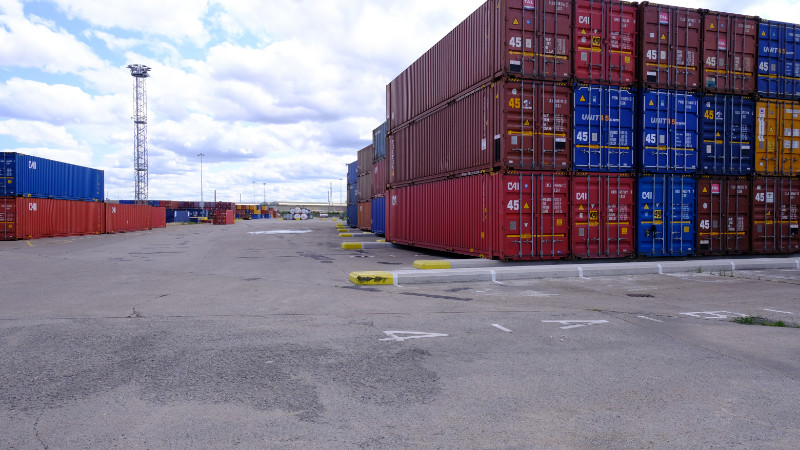
Do we need to shift from globalist economics?
The globalisation of the economies has brought many benefits. However, it has also created a complex global supply chain that has caused many detrimental effects.
Dominated by international corporate mega companies, our supply networks are often inefficient, unsustainable, and inequitable. Increasingly, we see a case for a more localised, regional approach to supply chain management.
Our supply chains are dominated by a small number of global players who often prioritise their profits over the interests of local communities and the environment. This dominance has led to various issues, including environmental degradation, exploitation of workers, and a lack of accountability.
The global supply chain is also often inefficient, as it relies on long, complex routes which are highly vulnerable to disruption. Over the last three years, the handling and measures imposed through the Covid-19 pandemic and subsequent military conflict in Ukraine have led to delays, increased costs, and unsustainable practices.
In addition, the global supply chain is often inequitable, as it concentrates power and resources in the hands of a few large corporations, leaving smaller, regional businesses at a disadvantage. Thus, creating an uneven distribution of wealth and resources, further exacerbating existing inequalities.
Here, we discuss why breaking up the global supply chain into regional providers may be better for us all. We will highlight how a regional supply chain could provide more localised control over resources, production and consumption, allowing for more sustainable and equitable practices.
Globalist economics have had a devastating impact on national interests over the last twenty years. The rise of these multinational corporations and the globalisation of markets has shifted power away from governments towards global corporations.
The result is a decrease in national sovereignty, as countries are increasingly limited in pursuing economic policies that protect their national interests. You don't need a degree in economics to be aware of increased economic inequality. Multinational corporations are taking advantage of lower wages in developing countries and exploiting weaker labour regulations. The effect is that domestic investment decreases, reducing economic growth and development in many countries. Meanwhile, domestic businesses are uncompetitive against their multinational counterparts, who readily access funding from global markets.
Conclusion
As cracks appear in the globalist economic model, we see scope and opportunity for regional supply chains and greater autonomy for local communities. Through the facilitation and empowerment of socially and locally aware businesses, their participation in decision-making processes would directly affect the lives and livelihoods of their communities.
The challenges of moving to a regional supply chain model will require a mindset shift and a willingness to embrace a more localised approach to economic activities.
The transition will be difficult for countries that have long been accustomed to relying on global corporations for their supply chain needs. It requires changes in infrastructure and resources, as regional supply chains often require more localised production and distribution networks. Smaller countries and regions will face significant challenges as they currently lack the necessary resources and infrastructure to support such a shift.
Despite growing humanitarian and ecological issues, the globalist elites continue to confound regional cooperation and collaboration. Regional supply chains will require greater cross-border cooperation and coordination, a major challenge for countries with long-standing political rivalries or conflicts.
References
- Griffith, R., & Wallerstein, I. (2015). The Decline of National Sovereignty: Globalist Economics Erodes National Interests. International Studies Quarterly, 59(4), 543-555. https://doi.org/10.1093/isq/sqv022
- Schulman, S. (2019). How Globalization Erodes National Interests. The Atlantic. https://www.theatlantic.com/international/archive/2019/06/globalization-erodes-national-interests/591934/
- Margheritis, A., & Tussie, D. (2015). Globalization and National Interests: Winners and Losers in the Global Economy. International Studies Review, 17(3), 343-353. https://doi.org/10.1111/misr.12095

Paradigm shifts in commerce

Metamorphosis: Emerging as a Logistics Dynamo


